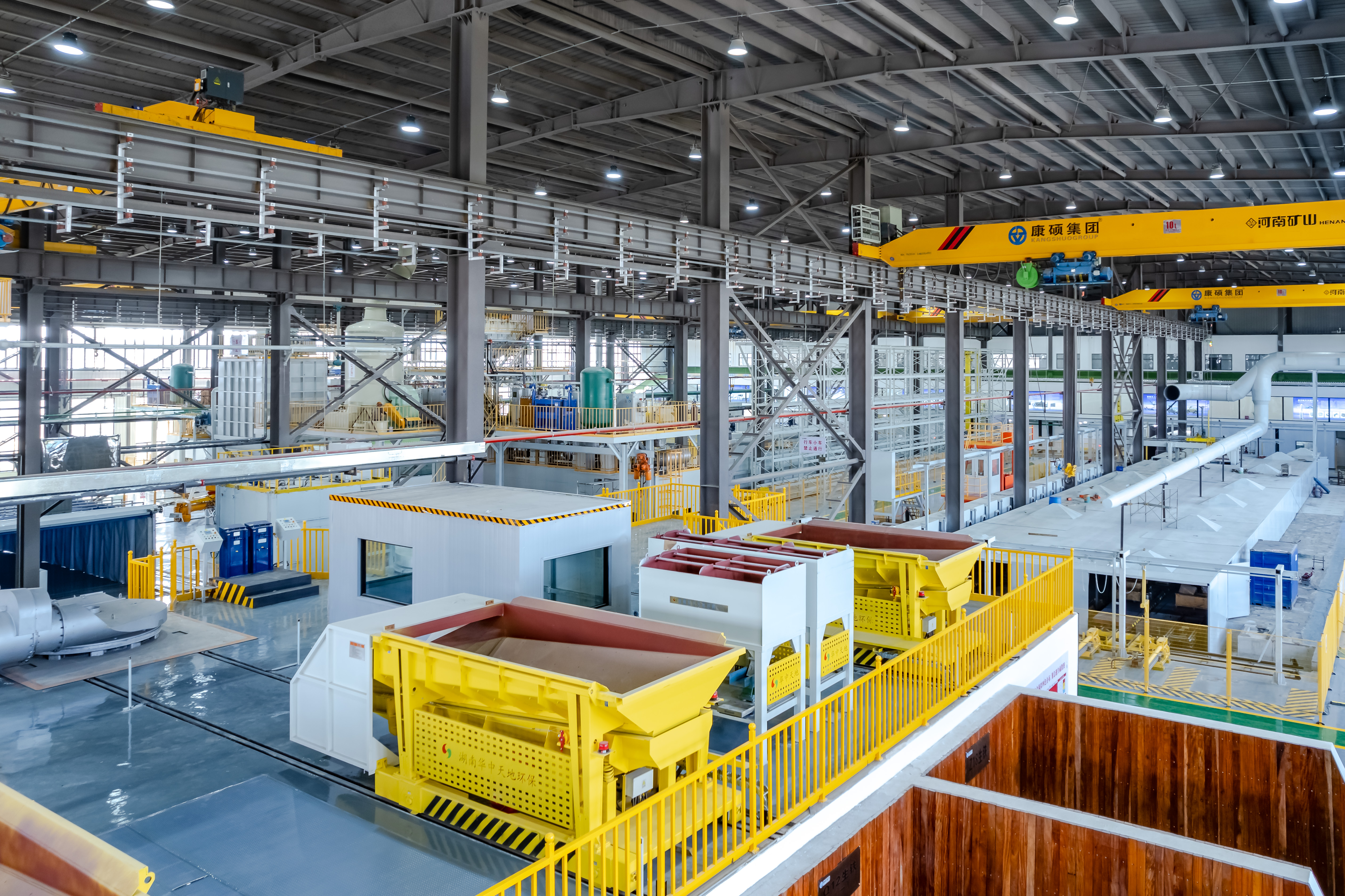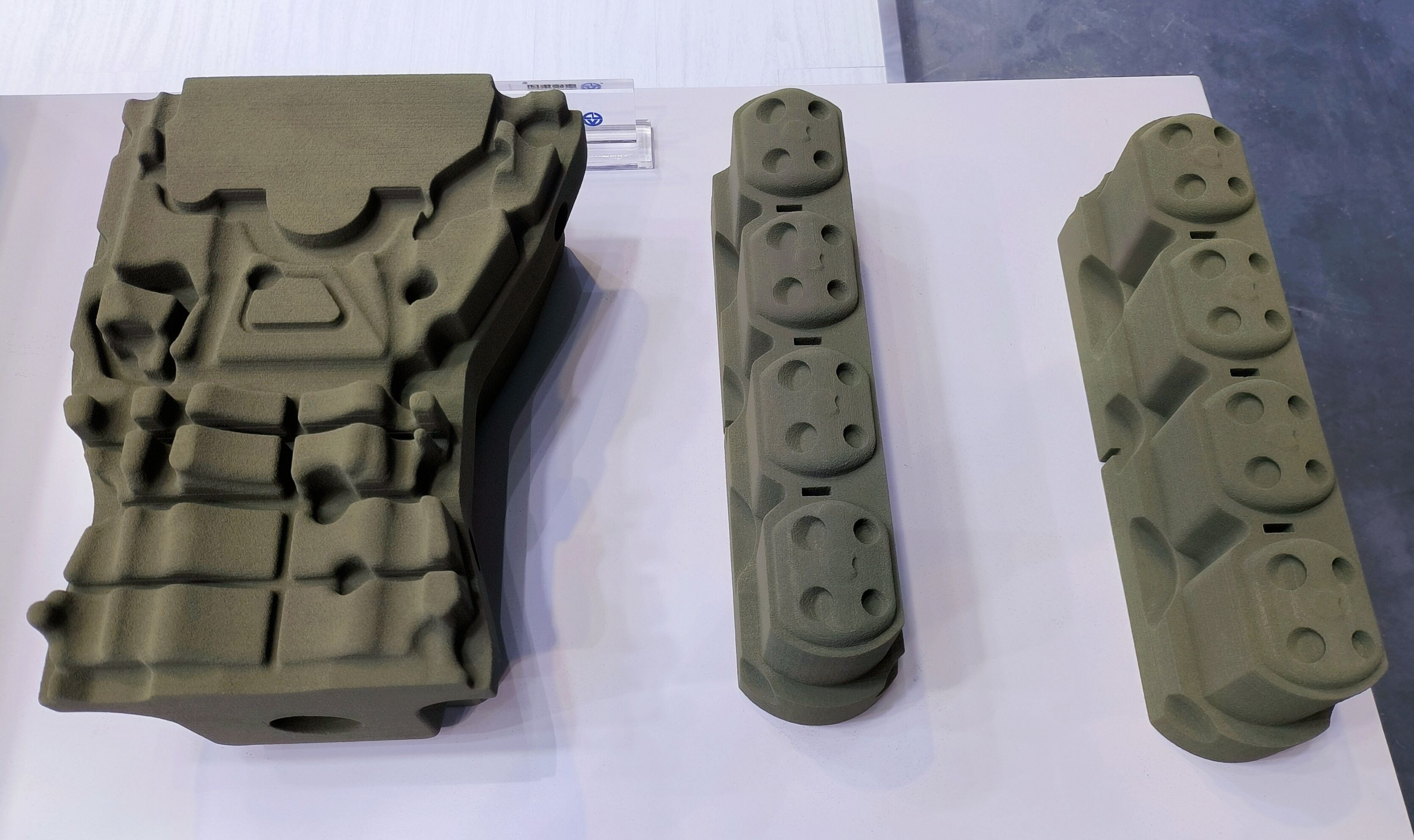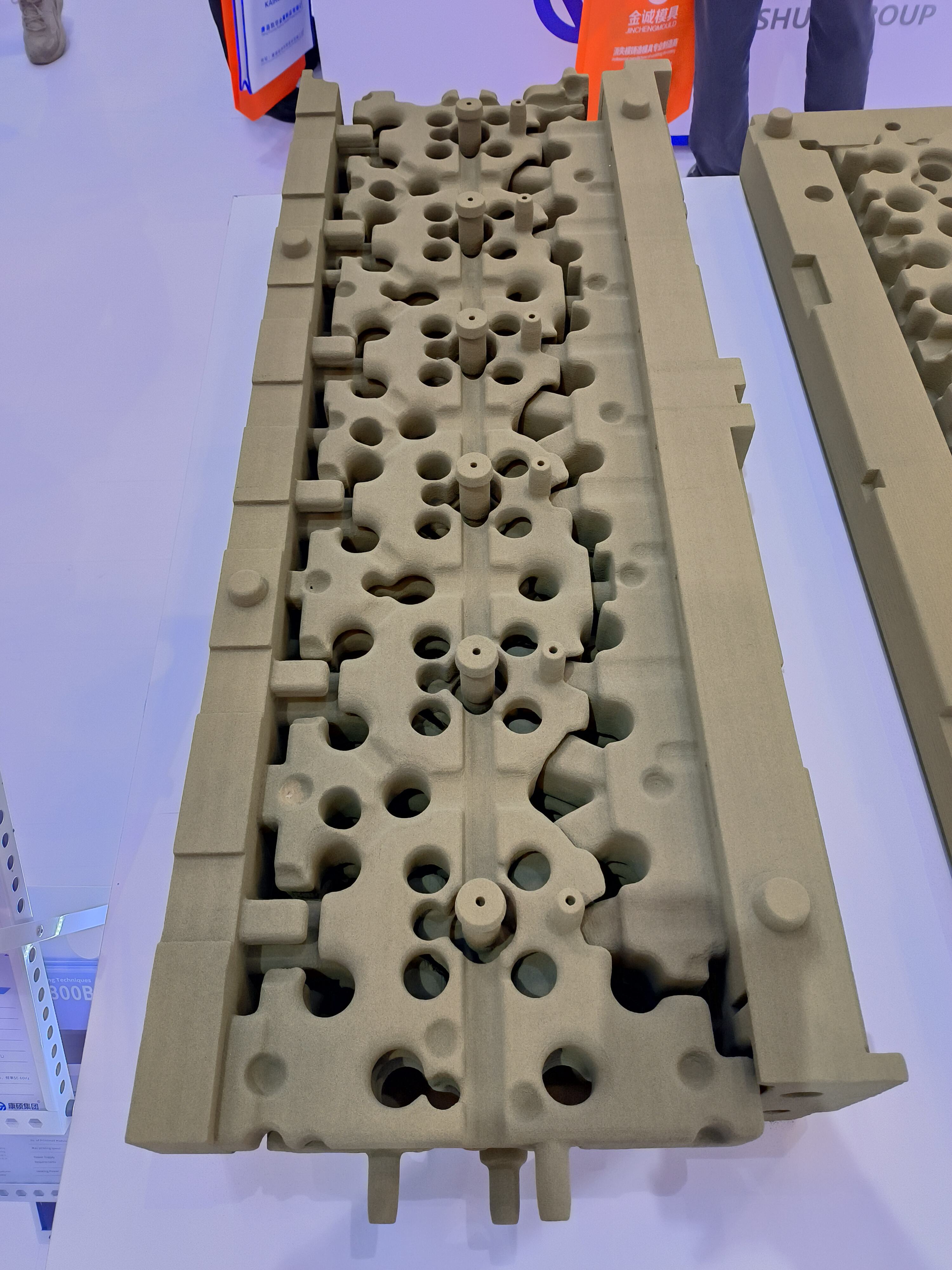white metal casting
White metal casting represents a crucial manufacturing process that involves pouring molten white metal alloys into carefully designed molds to create precise components. This technique, characterized by its use of low-melting-point alloys primarily composed of tin, antimony, and lead, enables the production of high-quality bearings, bushings, and other mechanical components. The process begins with heating the metal alloy to its melting point, typically between 230-450°C, followed by careful pouring into prepared molds. The relatively low melting temperature makes this process energy-efficient and allows for excellent detail reproduction. White metal casting is renowned for its ability to produce parts with superior surface finish, dimensional accuracy, and consistently high quality. The process accommodates both simple and complex geometries, making it versatile for various industrial applications. Modern white metal casting incorporates advanced temperature control systems and automated pouring mechanisms to ensure optimal results. This method is particularly valuable in industries requiring components with excellent wear resistance, low friction properties, and reliable performance under demanding conditions.


